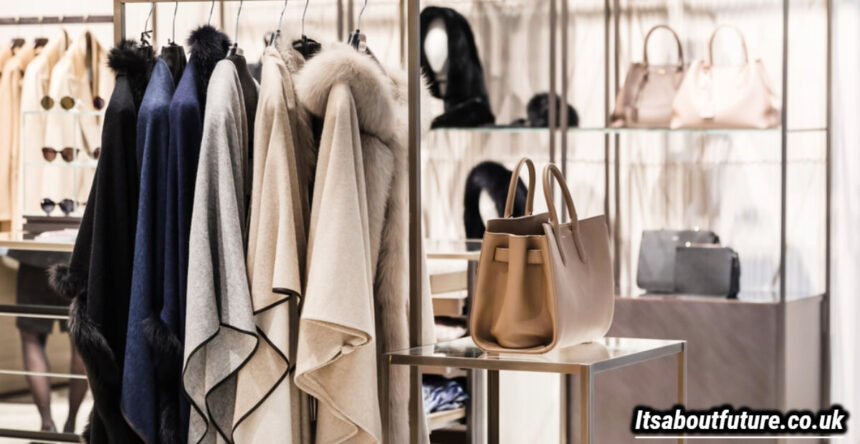Generative AI is revolutionizing industries worldwide, and the luxury sector is no exception. Known for its exclusivity, personalized experiences, and high-touch customer interactions, luxury brands have long relied on innovative strategies to captivate discerning audiences. With generative AI, luxury marketers and sales professionals now have a powerful tool to elevate customer experiences, optimize operations, and deepen their connection with clientele. Whether you’re offering luxury silver bracelets or bespoke vacation services, here’s how generative AI is transforming the sales and marketing landscape for luxury products and services.
Narratives for a Discerning Audience
In the luxury market, storytelling is paramount. Consumers of high-end products and services seek emotional connections that go beyond functionality. Generative AI excels at crafting compelling, personalized narratives by analyzing customer data and preferences. For instance, AI can create bespoke email campaigns or social media posts tailored to an individual’s tastes, purchasing history, or browsing behavior. A customer interested in bespoke watches might receive an email detailing the craftsmanship behind a particular timepiece, while another browsing for haute couture might be presented with the intricate details of a designer’s latest collection.
This level of personalization not only enhances brand storytelling but also ensures that every touchpoint feels uniquely tailored, resonating with the exclusivity luxury customers expect.
Elevating Customer Engagement

Luxury consumers value personalized experiences, and generative AI enables brands to deliver this at scale. By analyzing behavioral patterns and preferences, AI can dynamically adjust website content, product recommendations, and even design landing pages that resonate with individual visitors. A potential buyer exploring a luxury car brand’s website might see a tailored configuration showcasing their preferred color palette and trim, while a jewelry enthusiast could encounter a curated selection of pieces aligned with their style.
Generative AI also powers chatbots and virtual assistants capable of delivering high-quality, personalized support. Properly curated and implemented, these tools can handle inquiries with the same sophistication and attention to detail expected from a luxury concierge, ensuring that even automated interactions uphold the brand’s premium image.
Visual and Experiential Marketing
In the luxury sector, visuals are critical. Generative AI can create stunning, on-brand images and videos tailored to specific demographics or campaigns. This capability is handy for social media platforms, where eye-catching visuals drive engagement. For example, AI can design personalized advertisements featuring luxury handbags styled in ways that resonate with regional or cultural aesthetics.
Moreover, generative AI extends beyond static visuals. It can power augmented reality (AR) and virtual try-on experiences, which are becoming increasingly popular in fashion, jewelry, and home decor. These tools allow customers to visualize how a product will look or feel in their lives, bridging the gap between digital interactions and physical luxury experiences. For instance, a potential buyer can see how a luxury sofa would look in their living room or try on a virtual version of a diamond necklace, enhancing confidence in their purchase decisions.
Optimizing Campaigns
Email marketing remains a cornerstone of luxury brand communication, and generative AI can elevate its effectiveness. By crafting and testing multiple subject lines, body content, and calls-to-action, AI optimizes emails to maximize engagement. Additionally, it segments customer lists with precision, ensuring that high-value clients receive tailored messages that reflect their preferences and purchasing habits.
For luxury brands, timing is everything. Generative AI can analyze customer behavior to determine the optimal time to send emails, ensuring that messages reach recipients when they’re most likely to engage. This strategic timing enhances open rates and nurtures a deeper connection between the brand and its clientele.
Predictive Analytics for Leads
Generative AI’s predictive capabilities are invaluable in the luxury sales process. By analyzing historical data, AI can identify potential leads most likely to convert into high-value customers. This allows sales teams to focus their efforts on individuals who represent the greatest opportunity, streamlining their workflows and improving conversion rates.
In addition to identifying leads, AI can provide real-time insights during sales interactions. For example, it might suggest conversation topics or highlight subtle cues from a client that indicate interest in specific features or services. This level of support empowers sales professionals to engage more effectively, delivering the personalized attention luxury clients expect.
Staying Ahead of the Curve
Luxury brands thrive on exclusivity and being ahead of trends. Generative AI facilitates this by scanning social media, blogs, and industry news to uncover emerging trends and shifts in customer sentiment. This allows marketers to adapt their strategies proactively, ensuring their messaging aligns with evolving consumer desires.
AI also enables competitive analysis by monitoring rival brands’ activities and consumer reactions. With these insights, luxury brands can refine their positioning, identify new opportunities, and maintain their status as industry leaders.
Efficiency With Exclusivity
One of the most significant advantages of generative AI is its ability to enhance operational efficiency without compromising the exclusivity that defines luxury brands. By automating repetitive tasks such as content creation, A/B testing, and campaign reporting, AI frees up marketing and sales teams to focus on high-level strategic initiatives. Meanwhile, its precision ensures that every interaction remains aligned with the brand’s image and values.
